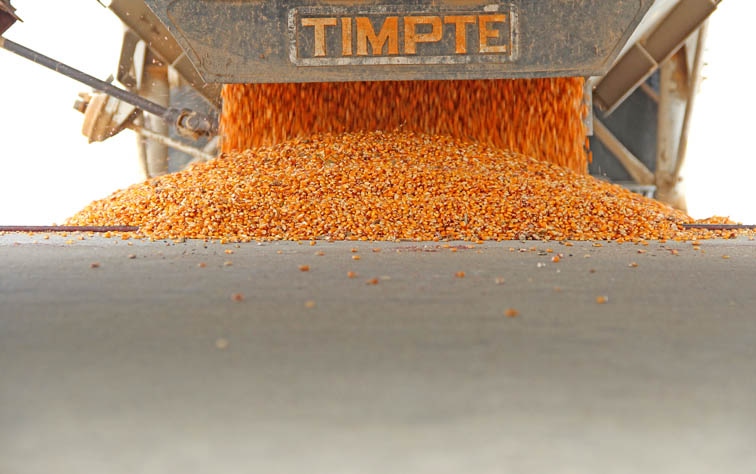October 1, 2012

The article “Biofuels industry essential to long-term national security” in the Aug. 18, 2012 issue of Western Farm Press was nicely written and covered an interesting subject.
However, the headlines on pages three and five were a little misleading and somewhat at counterpoint. There seemed to be a mixture of facts, hopes, and assumptions from interested parties.
You might find — as would many of your readers — interesting and important information in a book by Robert Bryce called Gusher of Lies - The Dangerous Delusions of Energy Independence from Perseus Books Group 2008.
Ethanol and other biofuels should be investigated, but no assumption should be made that these will save us or the world, much like ‘gasohol,’ solar, and wind of the 1970s did not deliver us.
The experts and participants noted in your article are either banking (literally and figuratively) on subsidies to continue or they are not being honest with themselves.
This unfortunately includes retired Vice Admiral Dennis McGinn. I am respectful and thankful for his service, but as a father of a U.S. soldier, I am disappointed that he too has drunk of the proverbial Kool-Aid.
Just five brief notes on some of the information you gathered which might give an idea of the honest expectations found in Robert Bryce’s book.
The sentence in paragraph three of your article says, “Grain ethanol refineries today produce about 14 million gallons of conventional ethanol annually which curbs U.S. oil imports by about 300,000 barrels each day.”
The numbers are right, but what the reader misses is that 14 million gallons is the total annual production and the 300,000 barrels is what the U.S. uses in a single day; not as it implies each and every day for a year. So, all of our current ethanol production accounts for one day of freedom from Mideast oil!
This leads to the following: if all farmable land was planted for biodiesel production (716 million acres), this would provide six months of diesel fuel for U.S. diesel needs. Gasoline needs are excluded and no food would be produced!
Ethanol and biofuels produce more nitrous oxide, more water vapor (a greenhouse gas), more volatile organic compounds, and as much carbon dioxide as oil-based fuel. But we would need to use 34 percent more ethanol than oil burned since it produces less energy per gallon.
On page two — column three, it is mentioned that Abengoa produces 1 billion gallons of biofuel annually. I am not sure, but I think that works out to one day’s use of U.S. oil.
This is all without considering the fact that the vast majority of biofuels need water to produce the eventual fuel. Water is scarce and becoming more so. Irrigation requires energy to pump the water unless you rely on rainfall. This becomes a problem in a drought like the current one. Politicians and scientists need to get serious and do the research, but also be realistic after 40 years of crises and subsidies.
I am very confident in the information provided, but I really think you would find the Gusher of Lies book very useful. It better explains the delusions than I can.
Paul Verdegaal; University of California Farm Advisor; Viticulture, Almond and Berries; San Joaquin County
You May Also Like




